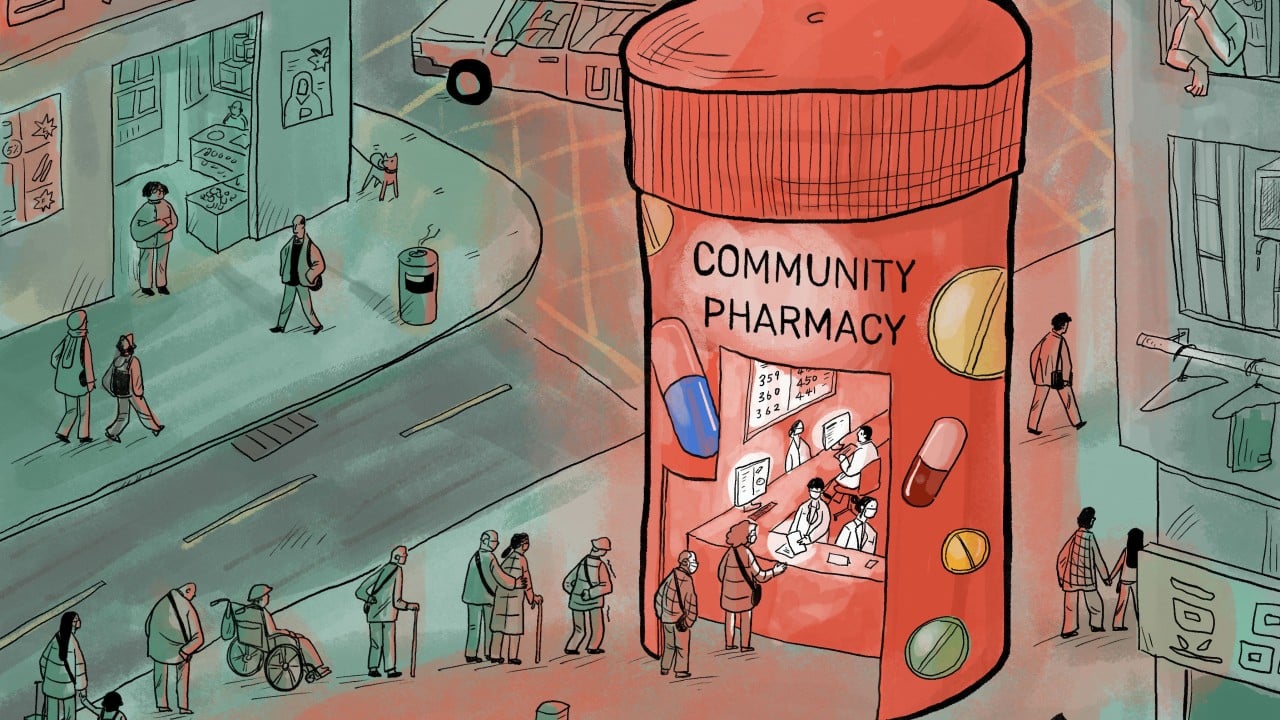As part of his daily routine, Hong Kong retiree Yiu Po-tai, 81, has to rummage through a plastic bag full of medicine and gulp down 16 different pills to manage his chronic illnesses.
Advertisement
“I suffer from hypertension and had shingles two years ago, but I still have not recovered from the nerve pain,” said the former construction worker, who lives alone in a subdivided flat in Sham Shui Po.
“I had a stroke 10 years ago … and my face was paralysed twice around the time I had shingles.”
To manage nerve pain in his arms, Yiu also took medicine from doctors in mainland China, where service was faster, and from a local pharmacy, besides prescriptions in Hong Kong.
Yiu’s experience is not uncommon for many local patients with chronic diseases. They often use various medications prescribed by different doctors, taking pills without realising that some may be duplicates of others they use or have adverse effects. Fortunately for Yiu, a social worker noticed his situation and took him to a community pharmacy where a pharmacist cut his medication to 13 pills.
Advertisement
Non-government organisations currently operate a number of community pharmacies, providing medication management consultations, a dispensing service and referrals to other healthcare resources. Around 190 pharmacies serve as drug collection points for residents and those in homes for the elderly who use public hospital services.
The government will also launch a community pharmacy programme in the fourth quarter next year, with each of Hong Kong’s 18 districts to get at least four to five facilities.

